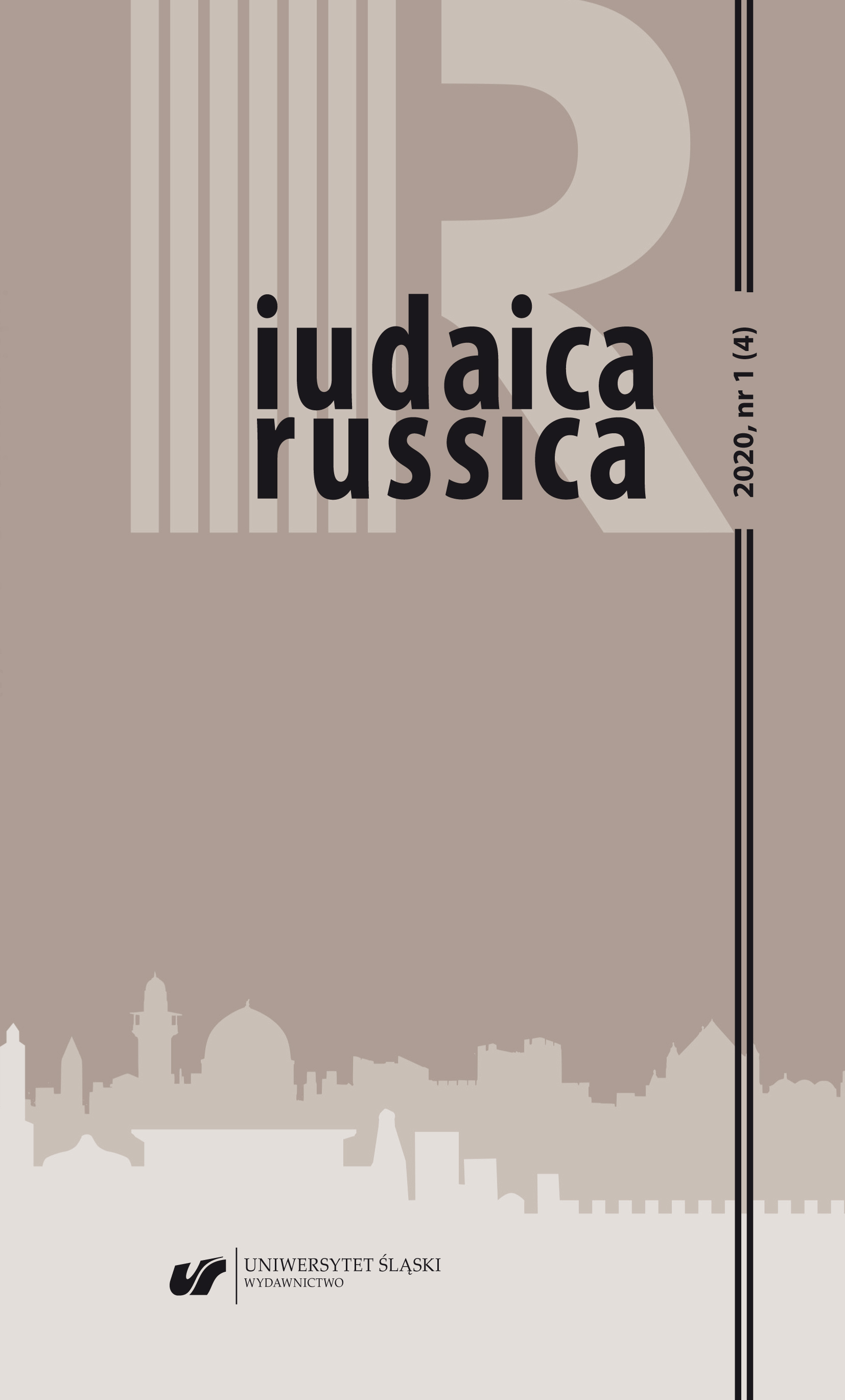Wielogłosowość i milczenie w poetyce żydowskiej — „gdy ciało staje się słowem”: kilka uwag o poezji Zuzanny Ginczanki
Polyphony and Silence in a Jewish Poetics — when the ‘flesh was made word’ — some remarks about Zuzanna Ginczanka’s Poetry
Author(s): Ewa BorkowskaSubject(s): Studies of Literature
Published by: Wydawnictwo Uniwersytetu Śląskiego
Keywords: Jewish matters; the Holocaust; Stravinsky; Fire-Bird; music; poetics;geopoetics;
Summary/Abstract: The article is an attempt at presenting an inspiring writing of Zuzanna Ginczanka (Polina Gincburg) who was a Ukrainian-born Jewish poet writing in Polish. Due to her multifarious identity, it is in her poetry that one finds voices that reverberate from various nations and cultures, which makes an original polyphonic, geographic and mythological texture. Ginczanka’s poetics venerates the body since, in her view, contrary to the dogma of incarnation, it was the ‘flesh that was made word’. In her poems it is the Songs of So gs whose physicality more than metaphoricity inspires the poetic images. It is also nature that becomes an incentive for the poetic creation, which proves that poetry derives from the Greek word poiesis . In the times of the Holocaust atrocities, the language of poetry became for her the ‘house of poetic Being’ and several geographical places served her as security which, however, she had to constantly abandon in fear of Nazi repressors. Her monumental poems, chief among which is ‘The Fire-Bird’, due to its orchestration and almost sonorous imagery can compare with Igor Stravinsky’s ballet of the eponymous title. Her attachment to the earth and the living place, no matter how insecure, brought about that several geo-poetic images can be traced in her poetic works.
Journal: Iudaica Russica
- Issue Year: 4/2020
- Issue No: 1
- Page Range: 56-70
- Page Count: 16
- Language: Polish

